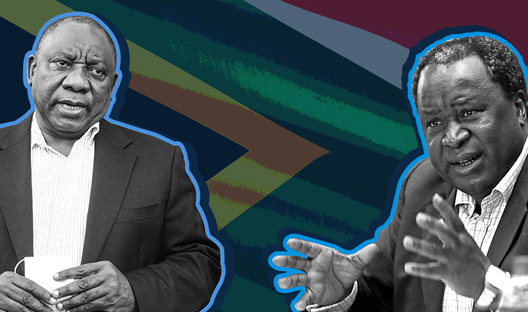2019 Budget likely to reflect elevated deficit and debt levels with limited fiscal space
The MTBPS set a clear tone of a weaker fiscal outlook for the upcoming 2019 Budget. Specifically, the MTBPS outlined a deterioration of fiscal ratios versus the 2018 Budget expectations, projecting the main budget deficit at over 4.0% of GDP over the medium-term, with debt stabilising at an elevated 59.6% of GDP only in 2023/24.
Although the 2019 Budget could reflect a slightly lower deficit ratio for the 2018/19 fiscal year, at (-3.9% of GDP versus the MTBPS projection of -4.0%) there is limited scope for meaningful consolidation over the medium-term (2019/20 – 2021/22) that would gradually bring the deficit and debt levels, towards the international benchmarks of sustainable and prudent targets of 3.0% of GDP and 40 - 55% of GDP respectively.
LISTEN: Tito’s balancing act: National debt vs Eskom’s debt
Financial transfer to Eskom
Stabilising Eskom operationally is not the domain of National Treasury, and the nature of financial support provided in the Budget will be assessed in conjunction with government’s turnaround strategy for the utility.
It was affirmed in the SONA that government will extend financial support to Eskom, although the quantum was not specified. Eskom has requested a R100bn debt transfer. It is unlikely that government will extend the full support in the Budget until the impacts on Eskom’s financial position of the energy regulator Nersa’s decision on electricity tariffs and the government’s turnaround strategy are evident.
Stabilising Eskom operationally is not the domain of National Treasury
The manner in which the financial transfer to Eskom is effected will have implications for the contingent liability risk and by extension for the sovereign credit rating.
LISTEN: Tito's tightrope walk
The Budget is not expected to reflect further significant fiscal slippage and should the Eskom financial support be deficit neutral it is likely that Moody’s will maintain its SA rating. The next key event will be the national election in May following which Moody’s will be able to assess the policy agenda, the momentum of implementation of structural reforms and the strategy for dealing with other vulnerable state-owned enterprises. We expect Moody’s to downgrade SA’s outlook from stable to negative this year, with a possibility that the credit rating itself will be downgraded.
Fiscal space for further policy stimulus has been eroded. As such, a meaningful and durable increase in economic growth relies on the implementation of structural reforms and enhancing policy certainty. Business and investor confidence would strengthen in response leading a private investment-led increase in economic growth.

Get all Investec's insights on the latest Budget Speech and SONA
Our economists, tax experts, personal finance and investment experts unpack what the latest fiscal measures mean for income, savings and daily expenses of individuals and businesses.




